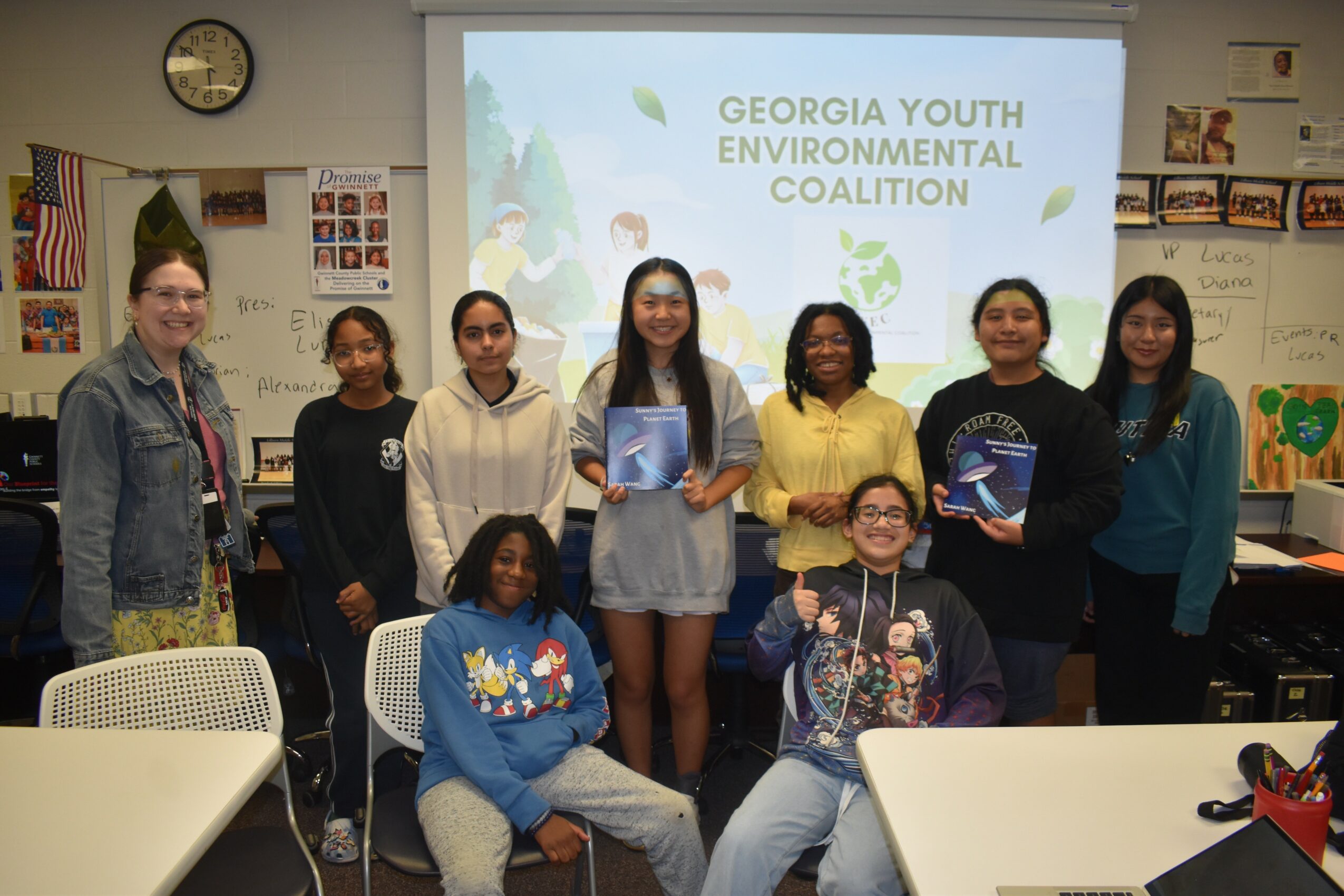

Today we’d like to introduce you to Sarah Wang.
Hi Sarah , so excited to have you on the platform. So before we get into questions about your work-life, maybe you can bring our readers up to speed on your story and how you got to where you are today?
Raised among the red clay and garden rows of Georgia, Sarah Wang traces her passion for environmental storytelling to quiet afternoons spent beside her grandfather. What began as childhood curiosity has grown into climate education work, children’s literature, and classroom advocacy.
It really started in my grandfather’s garden, and he would tell me, “Talk to the plants — they grow better when they’re spoken to.” At the time, I didn’t understand it, but that moment taught me to care for nature with intention and respect.
As I grew up, I started noticing the world beyond the garden — litter along hiking trails, smoky skies on summer mornings, even wildfire scars near the Chattahoochee. It became impossible to ignore the signs of a weakening environment. That sense of responsibility stayed with me.
I wanted to share that love for the environment, especially with the youth, so I wrote Sunny’s Journey to Planet Earth, a children’s book encouraging kids to protect the planet through everyday actions. After publishing it, I brought the book into elementary classrooms and volunteered to teach climate lessons.
At first, I worried they might not connect with it. But as soon as I started reading, hands shot up everywhere. One student asked, “Can I really stop climate change?” and suddenly everyone was sharing stories and ideas. It showed me that understanding doesn’t come only from facts — it comes from storytelling that speaks to the heart.
I’m sure it wasn’t obstacle-free, but would you say the journey has been fairly smooth so far?
Not at all — and in many ways, the challenges shaped the work. The year after I began reading in classrooms, I co-founded the Georgia Youth Environmental Coalition. Our first big initiative brought hundreds of students together to create a resource booklet on protecting communities from extreme heat. I sent it to government offices across Georgia, imagining a quick response or collaboration. Instead, my inbox stayed silent for months.
However, I didn’t walk away; I pivoted. I reached out to community leaders — professors at Emory, members of the Fulton County Citizens Commission — and reframed our initiative not as a student project, but as a partnership. Together, we secured a meeting with county officials.
From there, advocates opened their networks. They connected us with organizers who helped distribute our booklet into neighborhoods, community centers, and online platforms. What started as unanswered emails ended up reaching more than 90,000 residents across Georgia.
As you know, we’re big fans of you and your work. For our readers who might not be as familiar what can you tell them about what you do?
I sit at the intersection of youth climate advocacy, journalism, and public discourse. I am passionate in translating complex climate issues into narratives that resonate with students, families, and policymakers, whether through research-based campaigns, children’s literature, or youth-driven journalism.
Furthermore, I’m always looking to bring young voices into spaces where they’re often overlooked. From creating Sunny’s Journey to Planet Earth, a children’s book encouraging environmental stewardship, to founding the Georgia Youth Environmental Coalition and organizing youth climate education efforts across schools, I’ve worked to make environmental action accessible and community-centered. I also lead student journalism efforts and compete in debate, which has shaped my ability to argue for change, research deeply, and communicate clearly — skills I bring into every project.
What I’m most proud of is watching ideas turn into real community impact. One of the projects I’m most proud of is our extreme-heat initiative: after learning about rising heat risks in Georgia, we physically assembled and donated 500 “heat safety kits” filled with cooling towels, electrolyte packs, sunscreen, and water-safe supplies to vulnerable community members, this past summer. Knowing that our work helped real families stay safe during record temperatures made every hour of packing, fundraising, and outreach worthwhile.
What sets me apart is my belief that change doesn’t come only from urgency — it comes from empathy, education, and platforms that empower others. I want to build systems where young people speak for themselves, and where we can work together to create a cleaner, healthier future.
Any advice for finding a mentor or networking in general?
Reach out — even when it feels intimidating — and say yes to opportunities, because you truly never know where one conversation can lead. Most of my biggest projects started with a cold email, a quick introduction after an event, or simply asking someone, “Can I learn from you?” The worst anyone can say is no, and more often than not, people are flattered to be asked and excited to help.
Networking is about building real relationships around shared purpose. Show genuine curiosity, follow up, and be willing to contribute, not just receive. Some of my mentors didn’t become mentors because I asked them to; they emerged naturally through collaboration, persistence, and shared commitment.
Also, don’t limit yourself to traditional mentorship structures. Peer mentors, student organizers, professors, community advocates — inspiration can come from anywhere. Open doors tend to appear when you’re willing to knock, introduce yourself, and keep showing up.
Contact Info:
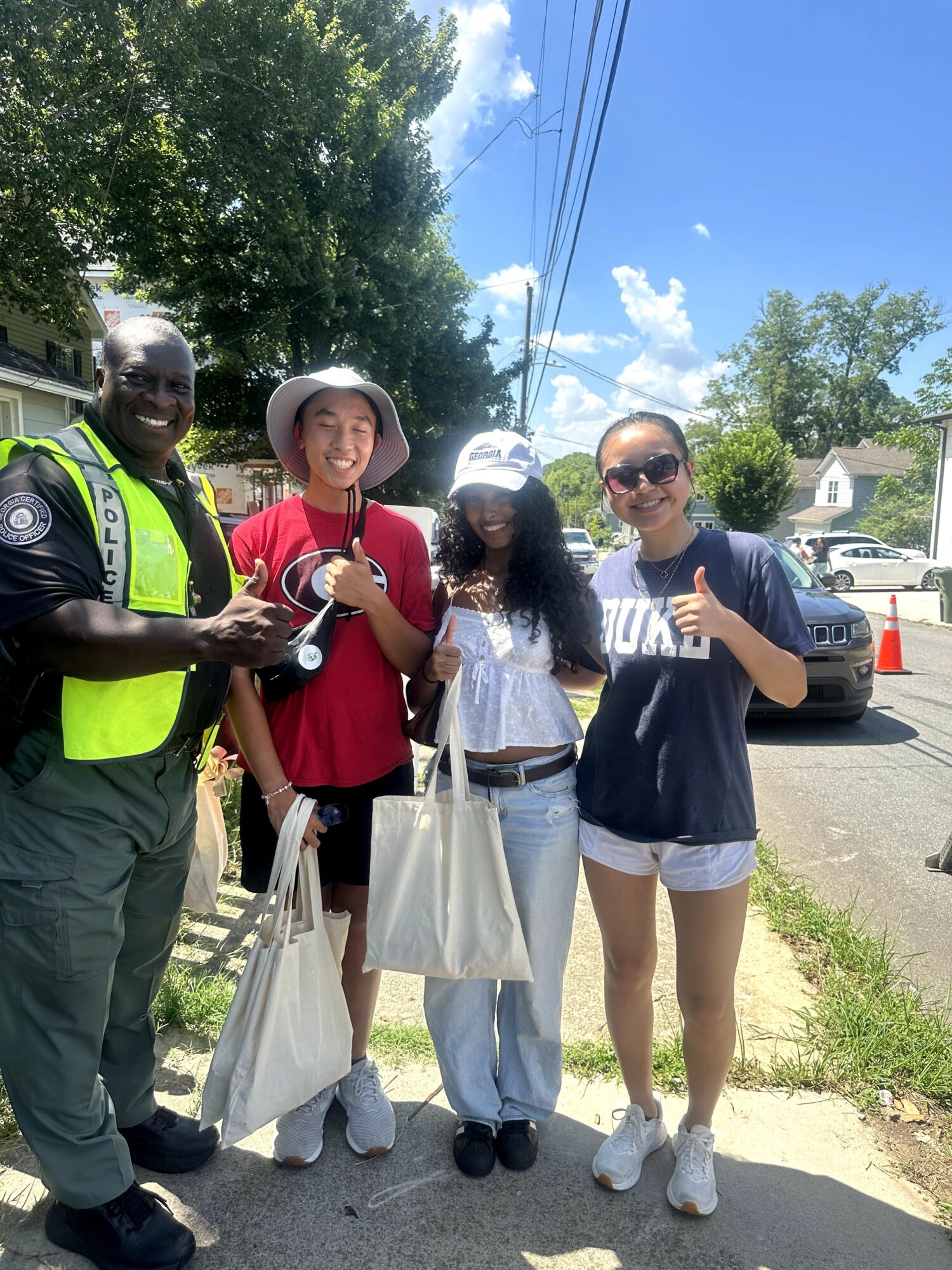
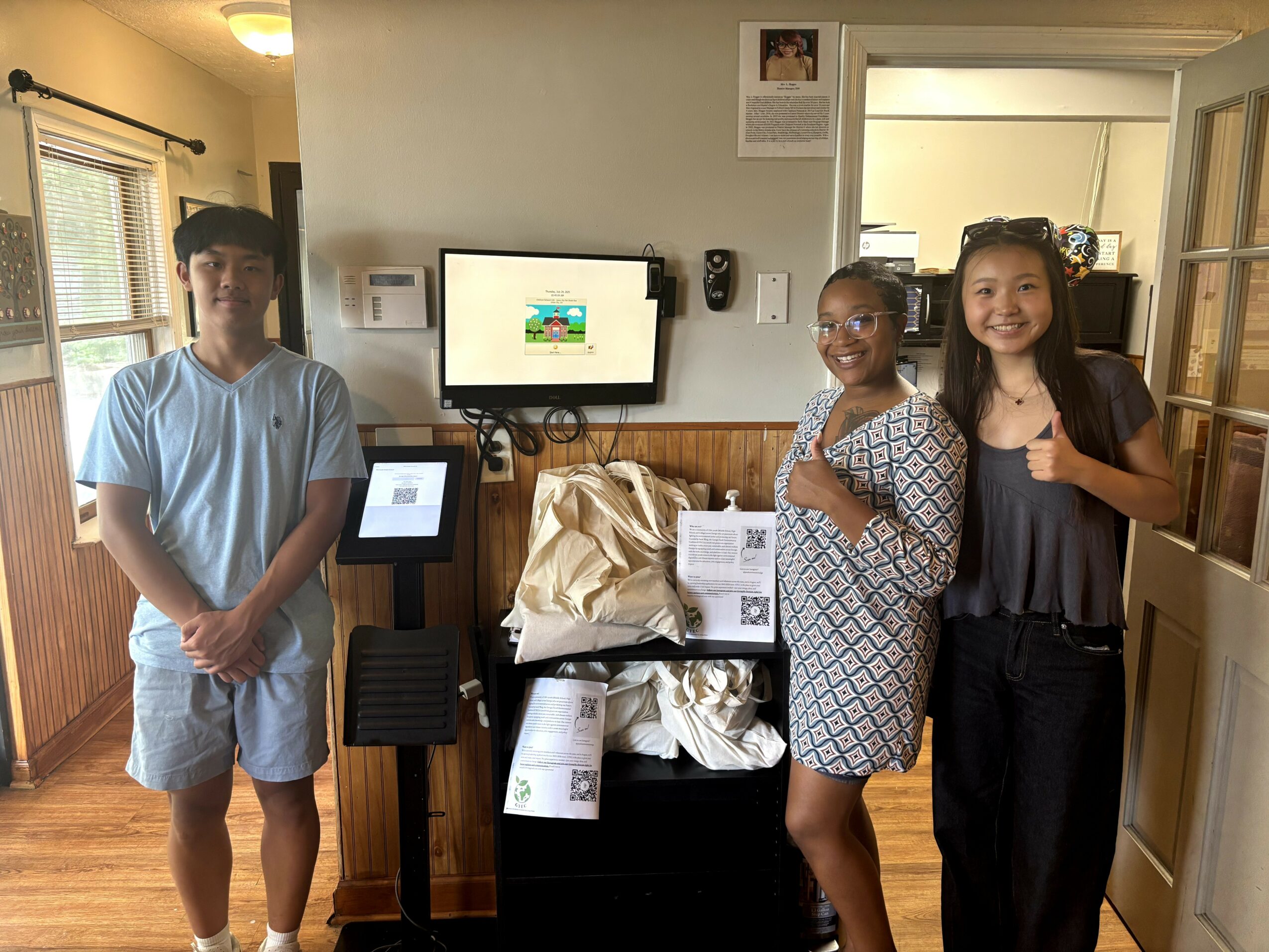
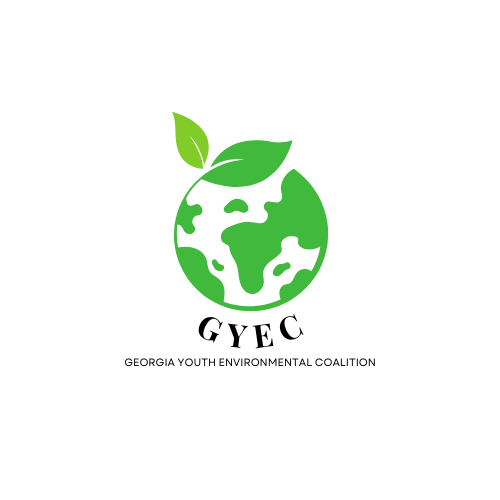
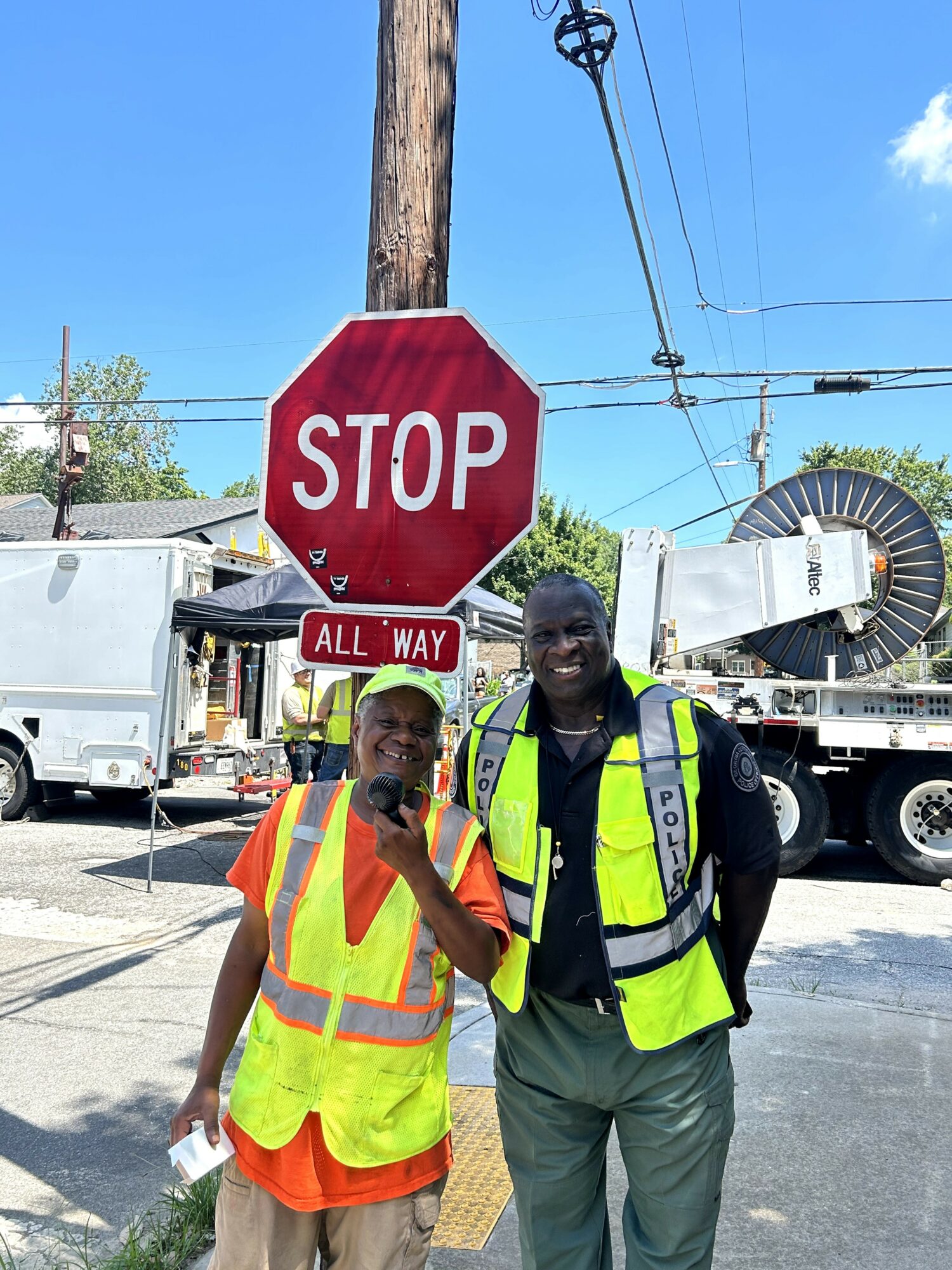
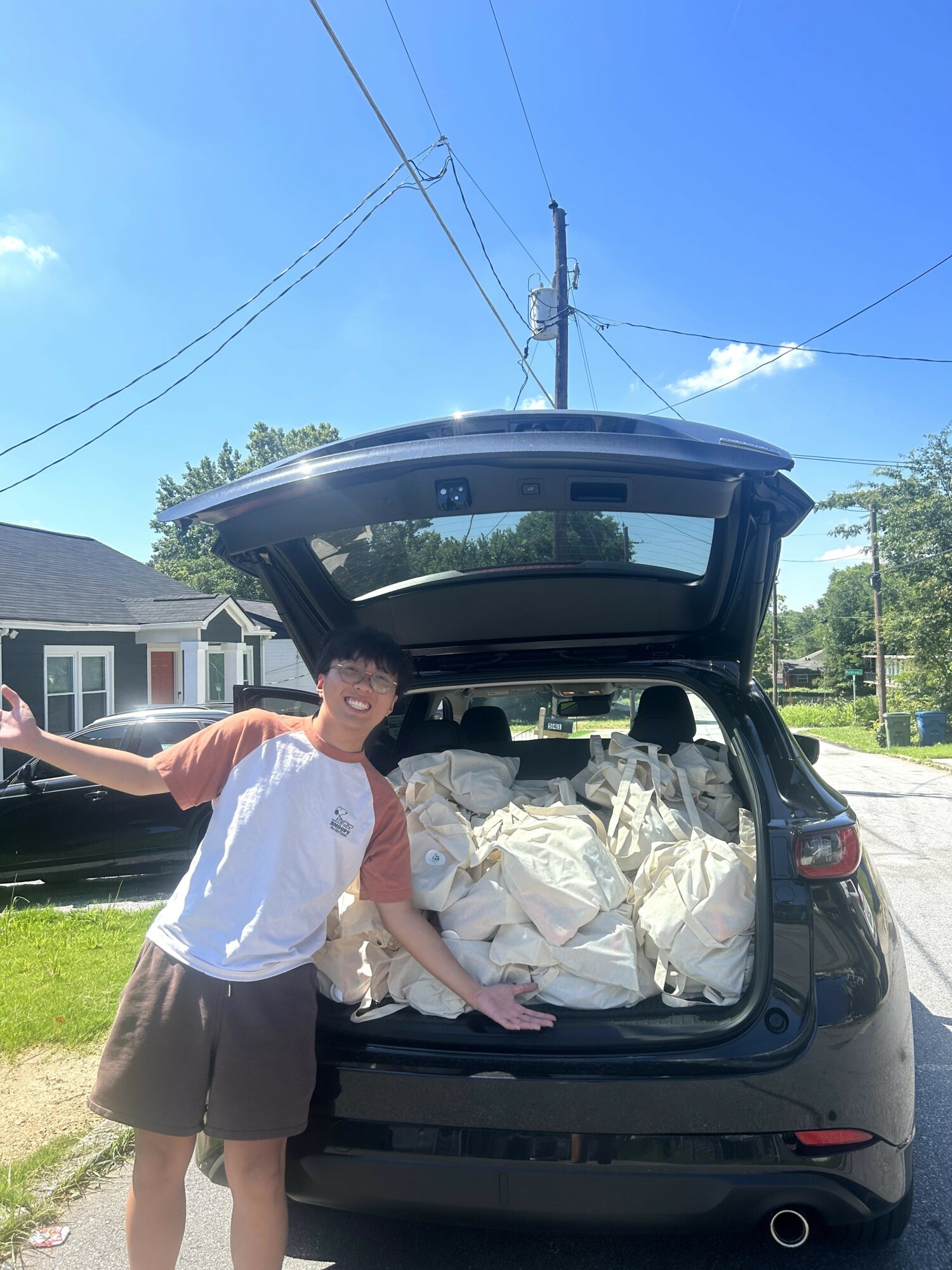
Image Credits
Image credits from me (Sarah Wang).













